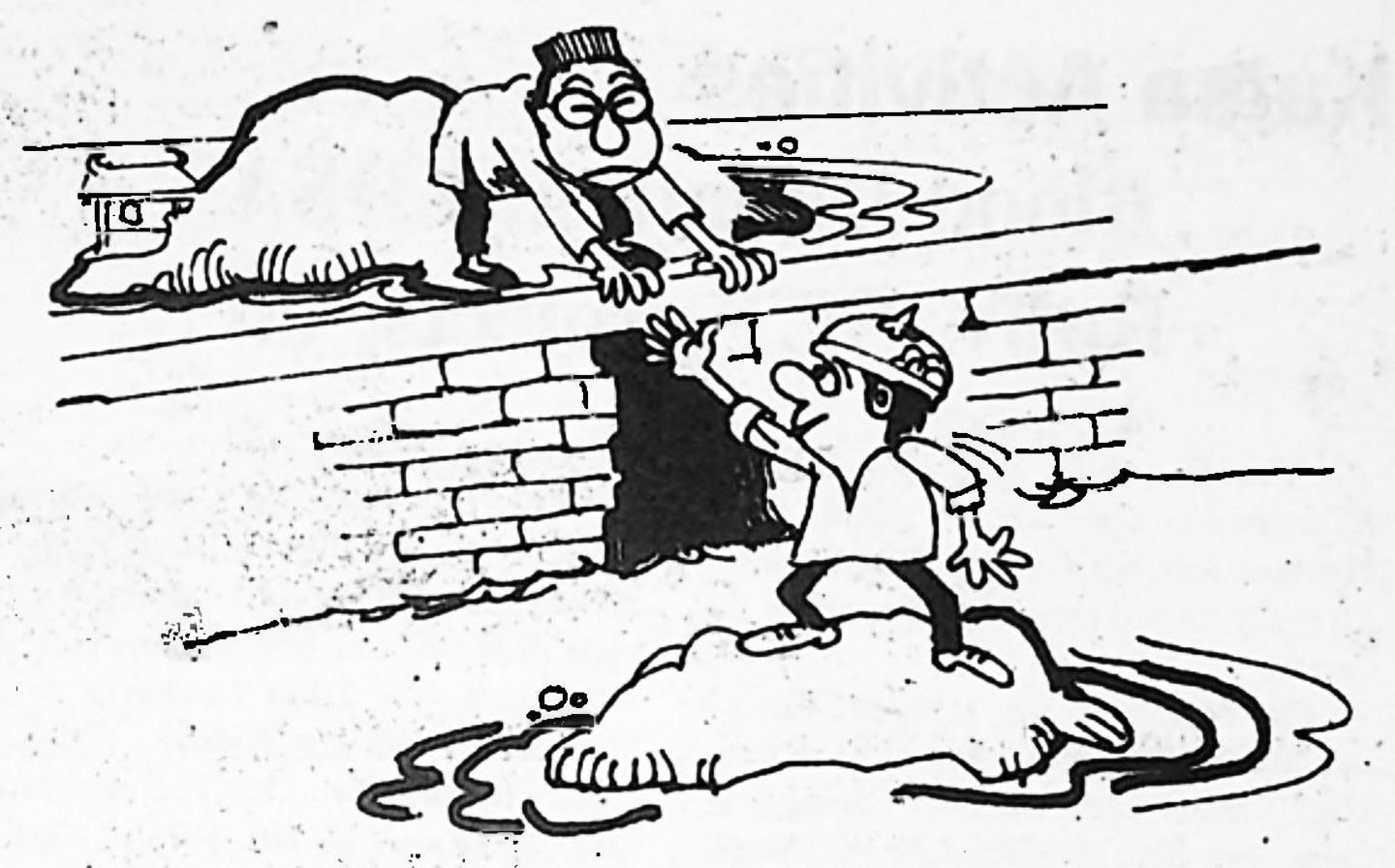First published in Tulay Monthly, Chinese-Filipino Digest 2, no. 7 (December 24, 1989): 7, 12.
Dr. Randy Bulatao, eminent sociologist, in his study on ethnic prejudices (against Muslims and against Chinese) concluded that, “Childhood prejudices and narrow loyalties may be diluted and overlaid with specific concerns as one matures, but they remain latent and capable of being mobilized unwittingly or by design… the less adequately ethnic tensions are handled, the more difficult it will be to create one national unity (underscoring mine) out of the country’s various ethnic components.”
The recent spate of readers’ letters (for and against the Chinese) published by Daily Globe reflecting the undercurrents of racial tensions between Filipinos and Chinese should give us much cause for concern. Allowing readers to express their opinions is press freedom but the newspaper also bears a responsibility in constructively handling ethnic tensions.
Reader Aristotle Dy did stir up a hornet’s nest in his staunch defense of the Chinese. Our interview of Dy revealed that he is a very young Ateneo freshman. He admitted that his wrong choice of words gave an impression of ethnocentrism, which he said was never his intention at all.
We admit that the older generation immigrant Chinese are really guilty of harboring ethnocentric attitudes. This is so because in early days, the only Filipinos they were in touch with were the “tong” politicians and policemen, the BIR and city hall inspectors who harassed them, the firemen who refused to put out fire without grease money, and their employees, laborers, drivers and maids. This situation is not conducive to developing intimate personal relationships that gives one a true glimpse of a man’s (the Filipino’s) worth.
Remedying this can go a long way towards changing attitudes. The young generation local both Chinese Filipinos who go to school with Filipinos, work in offices with Filipinos, join Filipino civic clubs, live in Filipino neighborhood; develop close personal friendships and relationships with Filipinos.
Their first language is usually Filipino; they have no first-hand experience of China; and know no other home except the Philippines. These young ones cannot be ethnocentric, for they are as proud of their Filipino cultural heritage as the are proud of their ancestral origins.
They are the best bridges that can enhance better understanding and awareness of the best of both cultures – among both the Filipinos and the Chinese.
Accusations that the Chinese are corruptors, tax evaders, poor employers, dirty, are common stereotype that have surfaced in all studies on Filipino prejudices. The readers should bear in mind that these traits are not racial but individual characteristics.
Are the Chinese a dirty people? Look at predominantly Chinese Singapore and Hong Kong – their sanitized surroundings can be almost unbearable to Filipinos assailed daily by unsightly garbage dumps along even the best paved Makati streets, billows of black smoke spewing out of our transport vehicles, and the ubiquitous “Bawal ang Umihi” signs on the walls.
Are dishonesty and corruption racial traits? Unscrupulous businessmen are guilty of bribery, tax evasion, and corruption not because they are Filipinos or Chinese or Americans or Japanese, but they are businessmen with conscience, period. There are honest Chinese just as there are honest Filipinos. As a vulnerable minor which often become convenient milking cows and scapegoats, by and large, Chinese as a group are known to be law-abiding.
Stories of maltreatment of employers and maids exist in many households; and maltreatment is not less condemnable if it occurs in Filipino, American, European or Middle Eastern households. Not a single race can claim to be fault-free. Harping on the negative traits of one is counterproductive; but refusing to see faults is equally dangerous.
While there are bad eggs among the Chinese, there are also truly committed ones who take the interests and problems of the Philippine society as their paramount concern.
Being a minority, the Chinese bear a greater burden in gaining acceptance into the mainstream of Philippine society. While the assimilation of the young generation Chinese has become an undeniable reality, much needs to be done to break down the walls of prejudices and improve the image of the Chinese in the minds of Filipinos.
Of greater importance are positive actions that would show their involvement in the task of national reconstruction.
The Chinese have always been part of Philippine life. Their business and investments in the country are part of domestic capital and the profits they make redound to the Philippine economy. The poverty or the prosperity of the nation directly affects them too. Being a part of Philippine society means that the destiny of the Filipinos is also their destiny.
At this time of national crisis, we must all get rid of the kayo vs. kami attitudes. This is not the time for fault-finding or bickering, nor is it the time for withdrawing into our own selfish concerns and prejudices. In the face of national enemies — widespread poverty, unemployment, insurgency (from the left and the right), let us all close ranks in solving the problems of our nation.
Let us pick up the pieces and rebuild together: peace, stability, and prosperity are attainable only if we, all work towards that common goal.
***
(This article was written in response to a spate of anti-Chinese letters which appeared in Daily Globe. It was published in full by Daily Globe on Dec. 11, I989.)





